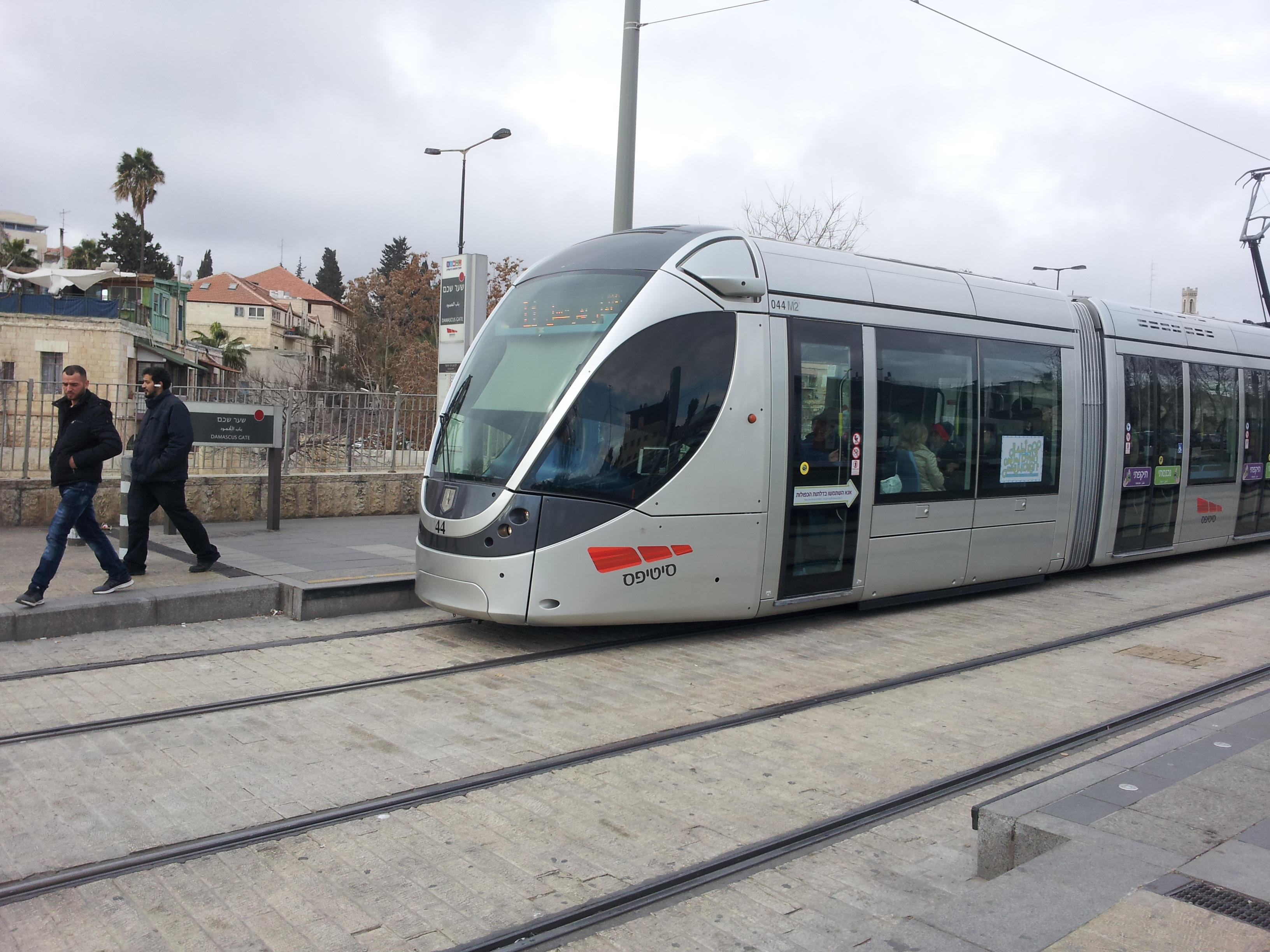Israel, Korea, and the Future
Written by Matt Furlane
Photographed by Matt Furlane and Gilad Avidan via Wikimedia Commons
If you asked anyone off the street what comes to mind when you mention Israel, the typical response would likely be “the Palestinian conflict,” “Jerusalem as the capital,” or “the Holocaust.” Not surprisingly, topics like these typically dominate the headlines year after year. And although they are important in their own context, they tend to overshadow the fact that Israel is more than a WWII history lesson, a museum, or an endless debate over land distribution. Like South Korea, it’s emerging as a modern, developed, Western democracy.
This past winter break, I was able to visit Israel and see some of the country from the ground up. In many basic ways, it shared characteristics similar to South Korea. Both countries are small and have mandatory military service. Each emphasizes the importance of education, and both are allies of the United States. But there were some surprises that I think are worth noting.
First, Israel is ethnically diverse, and many people know multiple languages, not just Hebrew. During my visit, it was not uncommon for me to meet someone who spoke Spanish, Russian, Arabic, or French. Given the history of the Jews and their emigration back to Israel from all over the world, this shouldn’t be too surprising, but I was impressed by even the younger generation being bi-, tri-, or even quadrilingual. But more noteworthy was the typical Israeli’s proficiency in English compared to a Korean’s.
Although not everyone spoke English, I felt that at least half the country was fluent enough to be a tour guide to any English speaker and understood most English spoken at a natural pace. Whether this is because Hebrew is closer to English than East Asian languages or because the Israeli school system emphasizes learning over test-taking, I’m not sure; but if you visit Israel, you should have no problem finding someone who speaks fluent English.

Second, Israel is developing a modern public transportation infrastructure that will eventually be as good as anything in Europe or America. Granted, living in Korea (or visiting Japan) can spoil you when it comes to public transportation, so I’m not going to judge Israel too harshly. But the country is in the process of catching up with the rest of the world.
Jerusalem has two light rail lines that connect the Yad Vashem Museum to the Central Bus Station and the Old City, but they could probably use one more line. Tel Aviv has multiple older subway/rail lines, but unfortunately, they won’t have a modern light rail system in place until 2020 or later. And the country’s first and only high-speed rail line (some Israeli’s have called it the “Trump Train”) that will connect Tel Aviv to Jerusalem in 30 minutes is scheduled to be finished this summer, replacing a centuries-old rail line installed by the Turks. These are all good first steps in improving public transport, but more time is needed.
Thirdly, like South Korea, Israel is tech-savvy. In the 1990s Israel’s government began investing in its technology sector and now has more start-ups per capita than any other nation; and over 4,000 tech companies like Google, Apple, and Cisco are operating within its borders. Also, Israeli tech companies have been responsible for inventing many of the tech gadgets we use today like the USB flash drive, the “pill cam” for medical use, the WAZE GPS app, and the messaging app Viber. With a highly literate and technology-fluent generation growing up in a more stable political environment, Israel is destined to soon be a world tech leader.
Lastly, Tel Aviv is becoming a hipster city. From the tattoo shops to the young bearded men at the cafes, to the vegetarian food, to the gay pride parades, it seems that Israel is the only nation in the Middle East where someone from a Western country can simply buy a plane ticket, get a hotel, and go out into the city without really having to worry about what you wear or what you believe or what lifestyle you choose.
In stark contrast to the strict Islamic nations surrounding Israel, you can roam downtown Tel Aviv enjoying its food, alcohol, and nightlife in relative safety. Using the city bike-sharing program, I was able to freely and cheaply roam Tel Aviv enjoying everything from burgers to a salmon steak near the shores of the Mediterranean or a goat cheese sandwich and a Weihenstephaner beer at a neighborhood cafe. (I would recommend the tree-lined Rothschild Boulevard by bike and the coastal restaurants as good places to start.) The only thing I would complain about is the mediocre local graffiti plastered about.
There are other topics I could touch on as well, such as the fresh Mediterranean air, the use of electric bikes, or how great the weather is in Tel Aviv, but I only stayed long enough to scratch the surface of what Israel is now and what it is becoming. In short, the Israel you hear about in the news is just a slice of what the country is actually becoming. The Israel of the future, beyond the headlines, is emerging, and I think everyone should see it for themselves.
The Author
Matt is an English teacher from the United States and he has a bachelor’s degree in political science and an associate’s degree in electronics engineering. He took up photography and journalism after he graduated.





